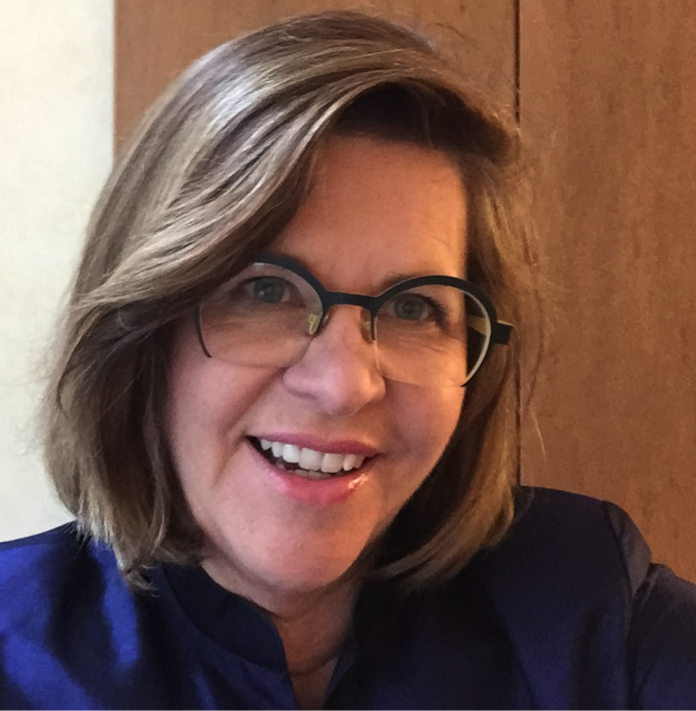Though it seems like everyone uses digital media for, well, everything, there are actually gaps in its use in society. These gaps, says Renee Hobbs, professor of communication studies and director of the media education lab at University of Rhode Island, are impacting our democracy, workforce, families and more.
PBN: What is our status as a society now, in terms of digital-media literacy overall, in your view?
HOBBS: The knowledge, skills and attitudes gap is actually a giant chasm. And it is growing wider every day. Let’s start with the positive news. Some of us are participating in contemporary culture using our smartphones for work, play and social relationships. We make wise choices about the many forms of media content we consume.
But then there are the many non-digital nonparticipants, including the thousands of local Rhode Island small-business owners whose companies have no web presence at all. There are those who use digital media purely for entertainment, watching cat videos. Then there are those people who use email for everything – because it’s the only digital communication tool they know. There are those who rely on one news source … and those who evaluate the credibility of a website solely by glancing at the graphic design.
As the chasm between the active participants and the nonparticipants widens, it will be harder and harder for each group to understand and respect each other.
PBN: What are good goals for librarians and educational experts in terms of what they can do to reduce the digital-media literacy gap?
HOBBS: All need to invest in their own learning when it comes to digital texts, tools and technologies. … The main problem is that we don’t know what we don’t know. That’s why professional-development programs [such as] the Summer Institute in Digital Literacy (July 15-20 in Providence) can help.
People need to actively identify opportunities to improve their knowledge and skills. When people gain clarity and confidence about how digital literacy applies to their work, they take the lead in significant initiatives that are creative and effective in advancing student learning.
PBN: On the subject of integrating media tech learning into existing educational programs, is there a risk of using technology just for technology’s sake?
HOBBS: This is a real risk. It’s important to have clear goals for why digital tools should be used in life – and in education. One of the most insightful Rhode Island educational technology leaders I know is Jim Monti of West Warwick Public Schools. He helped craft the mission statement for the technology department there, and it’s so simple and elegant. It says: “The West Warwick Public Schools believes that technology should be used by students, and the adults that serve them, to communicate, collaborate and create content.” Now that’s a clear and focused mission.
PBN: What might be some other pitfalls/challenges in ramping up one’s digital-media literacy?
HOBBS: People must try new things. There’s a trial-and-error exploration process to this form of learning. Gradually, people begin to see themselves as authors who create meaningful messages for audiences who want to learn from them. They might start a blog to share their expertise with others, found a YouTube channel to demonstrate skills developed in their favorite sport or hobby, or even use Twitter to share opinions and stay informed about local politics … people inevitably step out of their comfort zone.
PBN: What is your favorite tech tool of the moment?
HOBBS: I’m pretty excited about our newly updated learning platform, Mind Over Media: Analyzing Contemporary Propaganda. Today, propaganda comes in so many forms. … We received funding from the European Commission to partner with media-literacy educators in Western and Eastern Europe to upgrade the website to be multilingual. We’ll be testing the idea that people’s intellectual curiosity is stimulated when they get a chance to explore and discus examples of contemporary propaganda from all over the world.
Susan Shalhoub is a PBN contributing writer.













